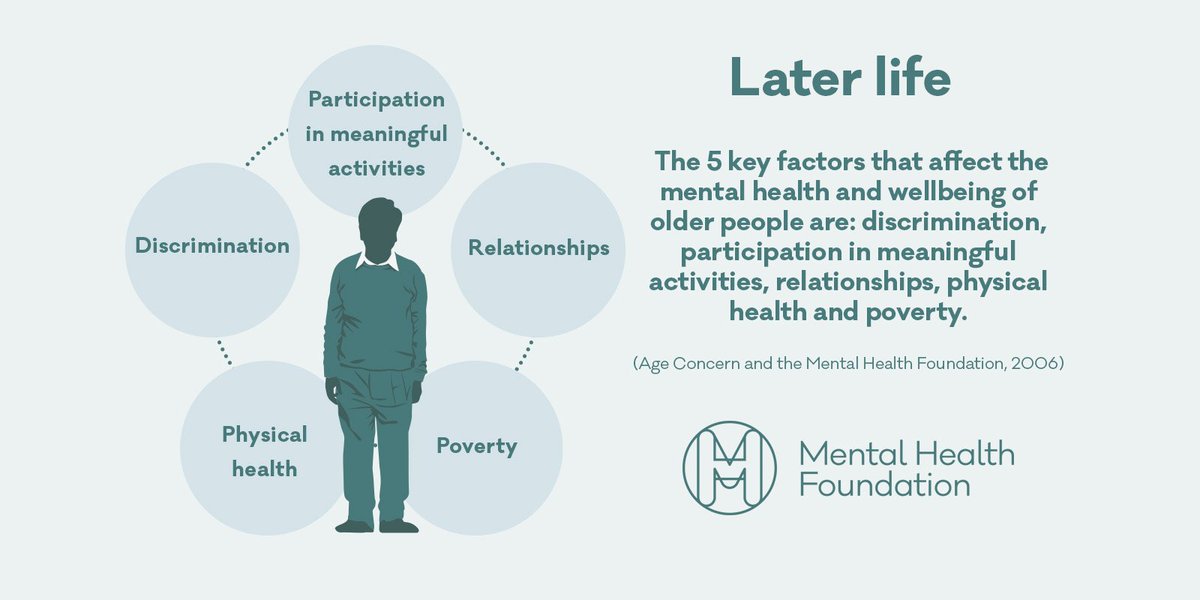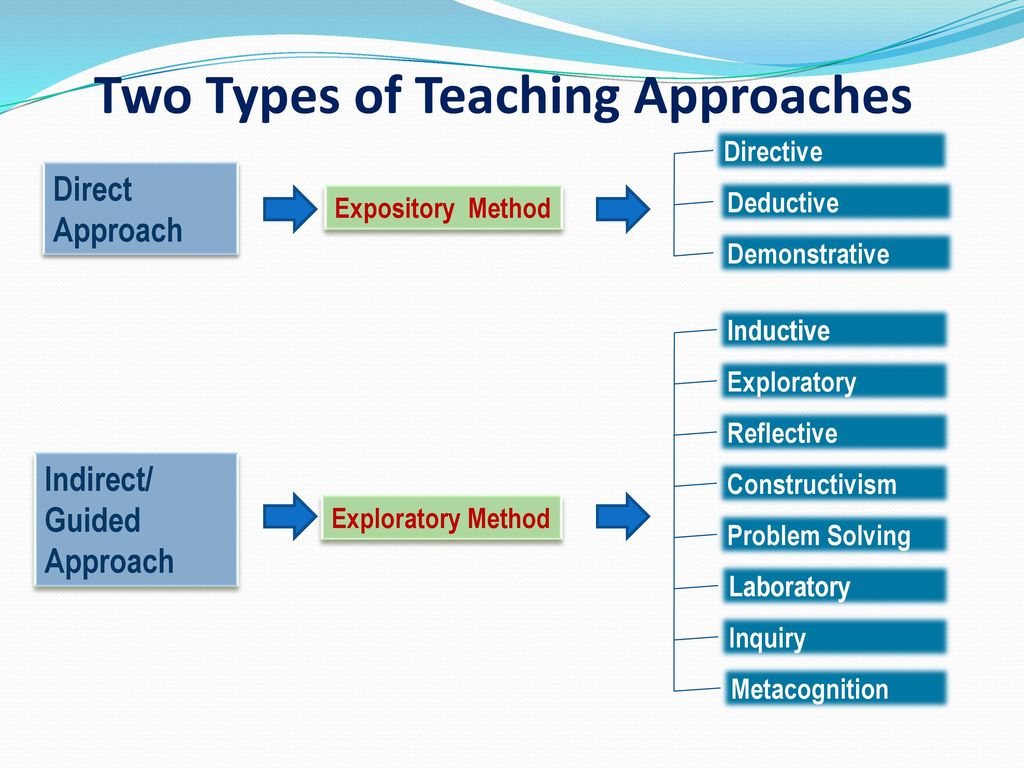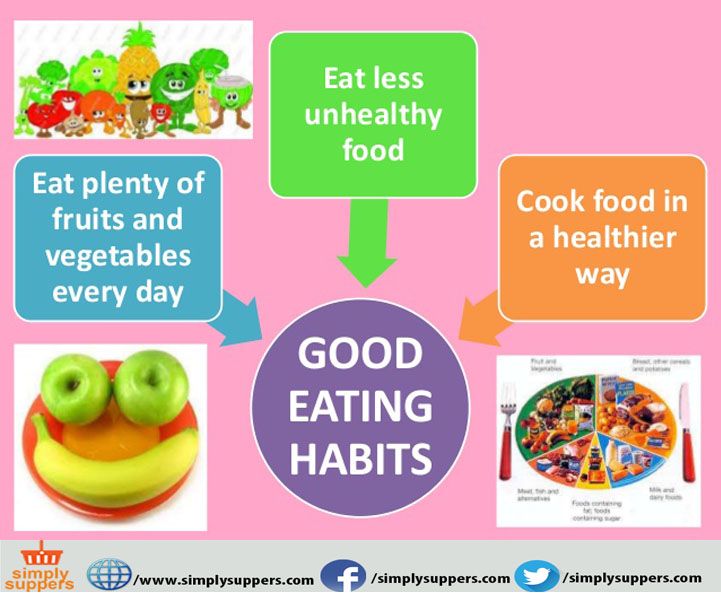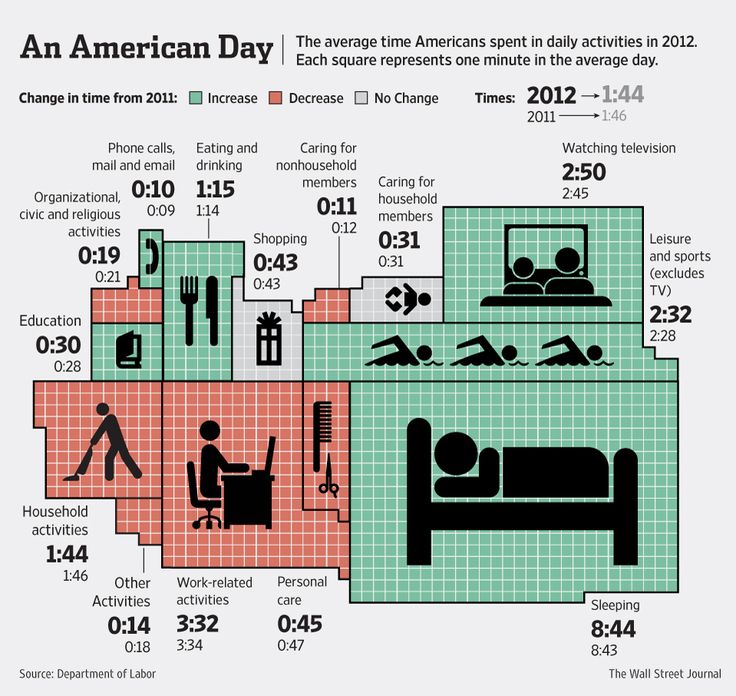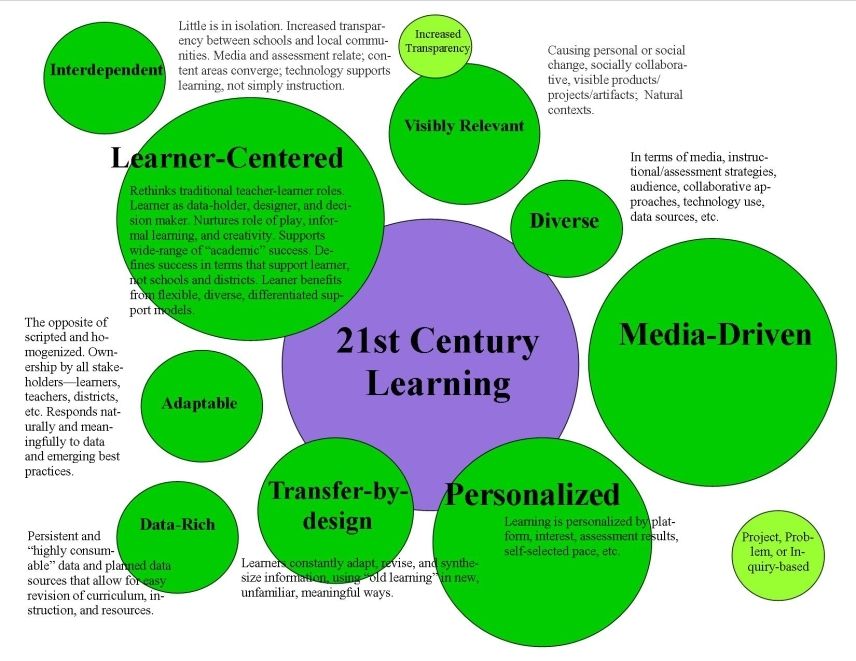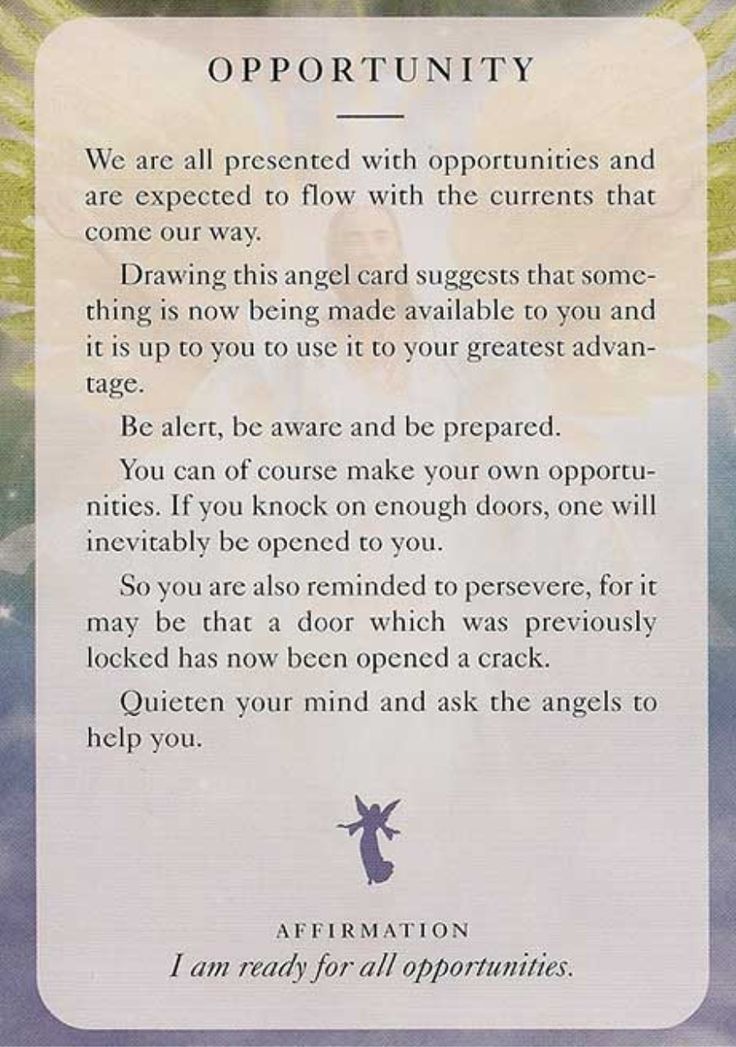Recovering from abandonment
Advice for Healing from Abandonment Issues
I had a picture-perfect childhood: fit with loving parents, a nice house, a big yard, and plenty of toys. My only concerns at the time were going to school and playing with my Barbies; running off to soccer practice and riding my scooter; bugging my brother and watching Dragon Tales. Unfortunately, it never dawned on me that this less-than-eventful lifestyle was a privileged one—or that this normalcy might one day get interrupted, and I should appreciate it while I had the chance. Fast forward to my sophomore year of college. It’s a Saturday night, and I’m getting ready to go out with some friends. I’m quite literally walking out the door when my brother calls me, concern and confusion in his voice. I ask him what’s wrong; he talks; I cry; we step out of the cookie-cutter mold.
Mom left, he told me. She stayed in a hotel for a few nights while she “thought things over.” But in the end, she left. She told us time and time again that she wasn’t leaving us, she was leaving our father. But it was all the same. She couldn’t be found in the kitchen on Wednesday nights making spaghetti or on Sunday mornings making pancakes. She wasn’t around to wake me up with a smile or wish me a great day, every day. She simply didn’t exist the way she had before.
I felt completely abandoned. This woman—my mother—who I idolized, loved, and cherished for 20 years suddenly disappeared. And I was left to deal with whatever mess she left behind. It took me a few years to acknowledge the magnitude of this mess, but today I understand it will take time and hard work to clean it all up. To heal from the pain and the abandonment issues she left me with. It certainly isn’t easy, but it’s worth it. And I’m thankful I have the opportunity to grow from this experience as I continue on my journey. The following tips have steered me in the right direction and light the road to healing:
1) Own the story.
“First, recognize and name what happened to you: ‘I got left. I was orphaned.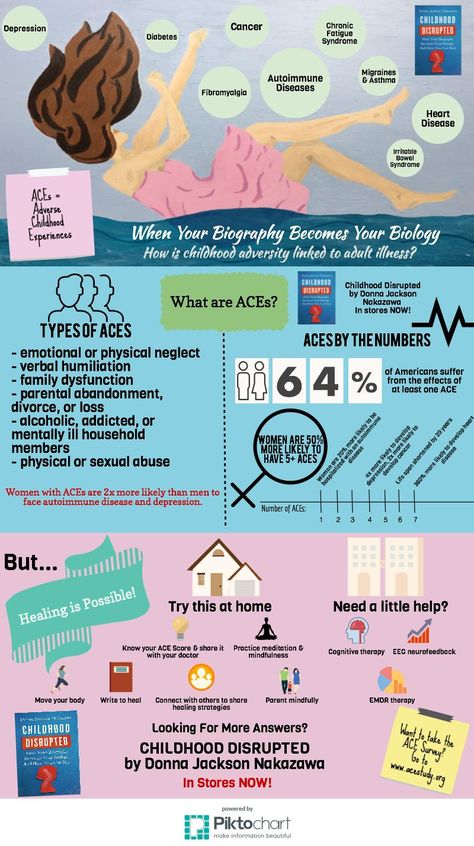 I was betrayed.’ This helps you own the situation and get some power back from doing so,” says Jessica Tappana, Licensed Clinical Social Worker. “Make sure when you do this that you try to identify how you are feeling about what happened. ‘I got left and this sucks. My beloved died, and I feel bereft.’ Stop rolling the presses if you go too far and start drawing conclusions about what this event means for you, especially if you are drawing negative conclusions. If you find yourself saying, ‘I got left, this sucks, I must be an awful person,’ or, ‘I never deserve to meet anyone great,’ put some limits around these statements. This is the kind of thinking that puts you in a downward spiral and makes your abandonment feelings more intense.”
I was betrayed.’ This helps you own the situation and get some power back from doing so,” says Jessica Tappana, Licensed Clinical Social Worker. “Make sure when you do this that you try to identify how you are feeling about what happened. ‘I got left and this sucks. My beloved died, and I feel bereft.’ Stop rolling the presses if you go too far and start drawing conclusions about what this event means for you, especially if you are drawing negative conclusions. If you find yourself saying, ‘I got left, this sucks, I must be an awful person,’ or, ‘I never deserve to meet anyone great,’ put some limits around these statements. This is the kind of thinking that puts you in a downward spiral and makes your abandonment feelings more intense.”
2) Identify and feel your feelings.
Heidi McBain, Licensed Marriage and Family Therapist, says it’s important for an individual with abandonment issues to then “acknowledge that they are hurting and in pain, and that this situation is going to be hard, but they are strong and will get through it. ” In addition, they should “give themselves plenty of time to grieve the loss of the life they had planned with the person who left and remind themselves that they are going through a big transition in their life—that things will get easier, but they have to take things slowly, step-by-step, day-by-day.”
” In addition, they should “give themselves plenty of time to grieve the loss of the life they had planned with the person who left and remind themselves that they are going through a big transition in their life—that things will get easier, but they have to take things slowly, step-by-step, day-by-day.”
3) Find a healthy outlet for expression.
It will also help to channel those feelings into something positive. Caleb Backe, Health and Wellness Expert, explains: “One of the most important aspects of overcoming your fear of abandonment is to find a healthy outlet that can help you face your emotions and fears in a way that is safe and secure. Sometimes this can be talking to a close friend or family member; other times it can be as easy as making art or keeping a journal.”
4) Recognize that you are not the problem.
Another critical stop on your journey toward healing from abandonment is acknowledging and understanding that you are not the problem. “When a person is abandoned, they tend to view themselves as unlovable,” says Tappana. “When we find ways to view ourselves as a whole person and understand at the deepest levels that it had nothing to do with us, but rather more to do with the inabilities of the person who left, then we can become free.”
“When we find ways to view ourselves as a whole person and understand at the deepest levels that it had nothing to do with us, but rather more to do with the inabilities of the person who left, then we can become free.”
5) Be willing to ask for help.
And lastly, don’t be afraid to ask for help, perhaps from a professional. “If the abandonment you went through in the past is keeping you from moving forward, know that you may need a little extra support,” advises Tappana. “Consider talking to someone trained in helping people overcome struggles such as a pastor or professional counselor. A professional can help you take a deeper look at your wounds in a safe environment. You don’t have to live with the weight of your sudden loss or in constant fear that anyone you love might leave. Through counseling, you can find your self-confidence and learn to slowly rebuild your trust in the world around you.”
10 Steps for Abandonment Healing — Integrative Psychotherapy Mental Health Blog
Anxiety, Trauma and Abandonment healing in Cedarhurst in the Five Towns of Long Island, NY.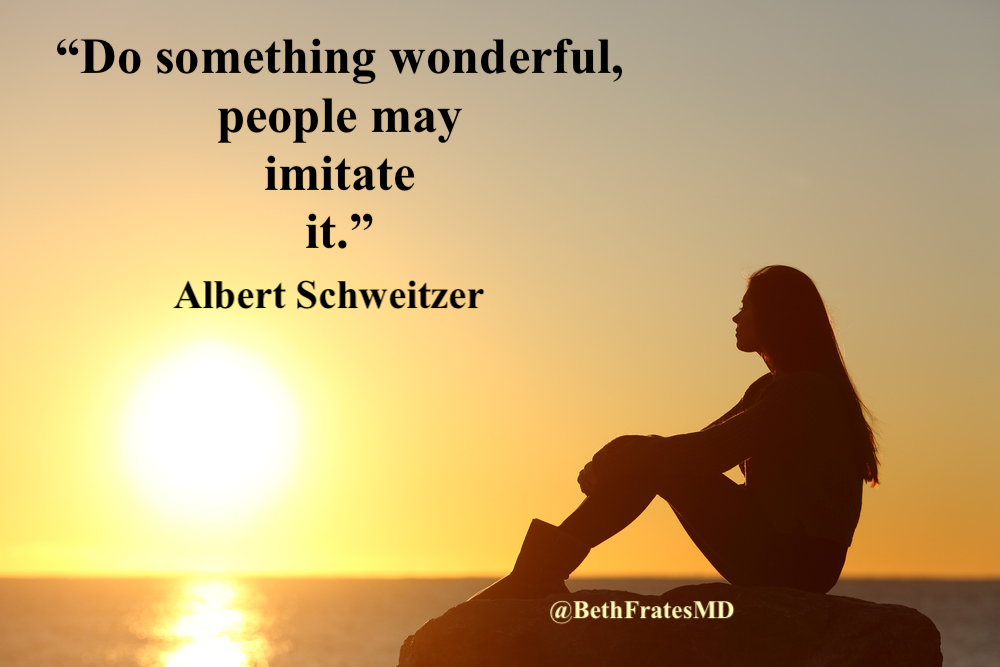
Want to relieve some symptoms related to abandonment + emotional neglect and replace those spaces with warmth, a sense of “connectedness” and feeling of stability?
If you’ve resonated with the any of the symptoms described in my previous blog, you can experience relief starting right now. Read the below tips to help with your healing right now.
1) Take Responsibility.
Make your healing your responsibility. Yes others may have hurt you, but this is your life, and the more important you make your healing, the farther you’ll get and the better life will be. Taking accountability is the opposite of self-abandonment, it is the way to self-embodiment and self-care.
2)Structure.
Structure breeds Stability. Manage your time and you’ll be managing your daily stressors. Sculpt activities into your daily life routine; supportive others, friends, family, support groups, therapy, art class, or a hobby that’s rejuvenating. Set limits around you work-life balance so you ensure that your personal time is replenishing.
Set limits around you work-life balance so you ensure that your personal time is replenishing.
3) Self Validate.
As you become aware of how your issues are related to your past experiences, validate, validate, validate. Why is self validation primal to your healing? If you don’t self validate, you’ll be dragging your “seeking validation self” to anyone who will listen to you, unconsciously seeking their approval and validation. If you throughly self validate on a daily basis, you can ask others for support, but it isn’t from the same desperation for them to grasp the intensity of your emotional experience. You feel stronger, and friends can be there for you in the way friends are meant to.
4) Connect with the present moment + Stay There.
The best way to building a better present + future? Staying in the moment. Pains, trauma, disappointment and emotional scars all steal the experience of simply being in the experience of life. You can find safety by slowing down and getting connected to the simplicity of the present moment.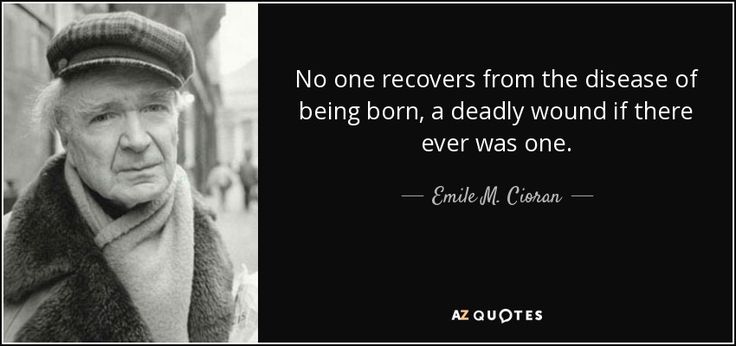 Notice thoughts or feelings, watch them pass like clouds, and then bring your focus back to there here and now and whatever you are doing, or how you’re being.
Notice thoughts or feelings, watch them pass like clouds, and then bring your focus back to there here and now and whatever you are doing, or how you’re being.
5) Transform Pain to Possibility.
Some of the most powerful, impactful people I know have used their pain to create, to change, to offer something new for themselves and then for others. Put your suffering to energize something constructive. Take the passion and energy to commit to living a healthy life + learning and practicing and modeling healthier connections with others.
6) Feelings VS Facts
Know the difference between a feeling and a fact. Emotions can come over you and overwhelm, but remember, feelings are temporary. Check the facts when you notice emotional overwhelm, and bring yourself back to your core.
7) Dare Despair + Dig In
Feelings such as despair, helplessness or hopeless may come up. Check in and see if its a fear from a younger part of self or the part of self that experienced the loss, and orient to reality. Look despair in the face and see what’s beneath it. Do you need some space to grieve, to talk or to get some extra support? Do you need a reminder that you are no longer as vulnerable as you were when you were younger? Dive in and see what’s beneath, but don’t get wiped off the shore with the despair wave.
Look despair in the face and see what’s beneath it. Do you need some space to grieve, to talk or to get some extra support? Do you need a reminder that you are no longer as vulnerable as you were when you were younger? Dive in and see what’s beneath, but don’t get wiped off the shore with the despair wave.
8) Stretch Your Emotional RubberBand.
Emotional neglect is primarily about emotions being shut down, and experiences being ignored, dynamics being minimized and processes being rushed. Notice your daily feelings, reactions, urges and words you choose to use. Challenge some of your limits and see if you can slow down + stretch what you’re used to. Challenge your limits. Say that kind compliment, stay in the uncomfortable moment, allow the other to finish their piece, even if you’re not used to it. Ask for what you truly need, even though its a sliver more vulnerable than you’re used to. Ask that person out even if they might reject you. The more you stretch that band, the more “bandwidth” your life can experience. These are the steps to nurturing emotional experience and building emotional intelligence.
These are the steps to nurturing emotional experience and building emotional intelligence.
9)Heal the Old Wounds + Dive into the Triggers
Triggers of today are actually clues to letting you know where the hurt is. Your child needs more time with you and you’re feeling trapped? Your partner wants to share more with you and you’re stepping back? You’re ready for a big project at work but you’re starting to stress out? Peel away the defense and look at what the clue is about. Your wounding is most often in that exact place. Get curious, and with a trauma informed therapist, you can do the work to identify + offer healing to those exact spaces. Once you process the past hurt, loss, abandonment or pains, you can show up fully. Healing the exact trigger areas is what allows for more meaning, more joy, more love and more authentic connections.
10)Rebirth Your Self
In order to change and heal fully, you’ll need to make some changes.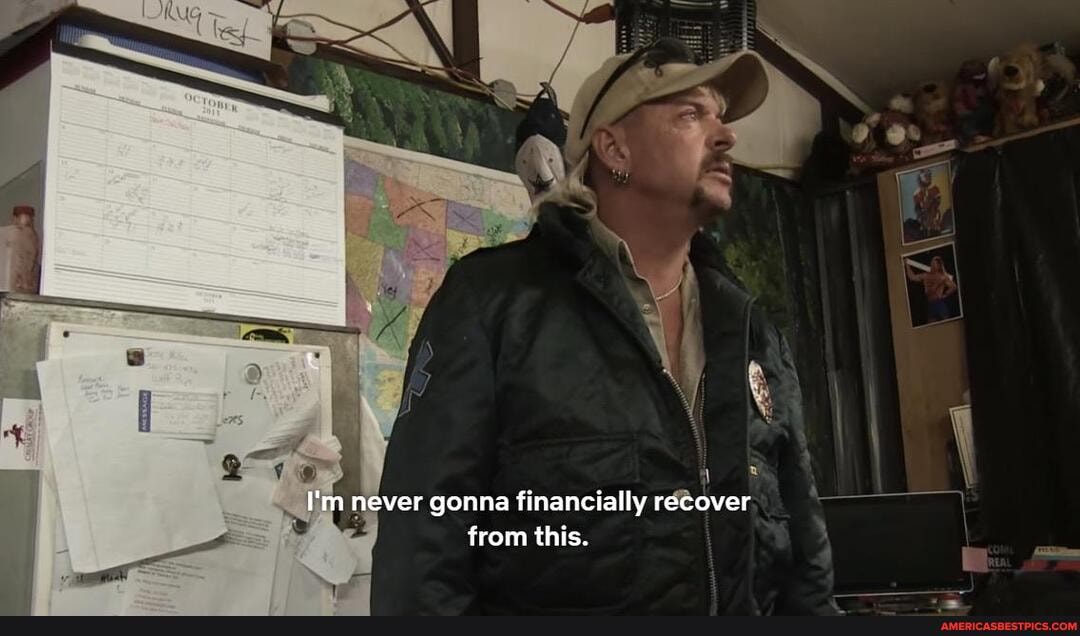 You can no longer stick to what you’ve been doing as it’s clearly not working. You’ll challenge some thoughts, strengthen your self esteem and slowly transform your sense of identity. You have the power to heal and to re-own who you are and what your path is on this life.
You can no longer stick to what you’ve been doing as it’s clearly not working. You’ll challenge some thoughts, strengthen your self esteem and slowly transform your sense of identity. You have the power to heal and to re-own who you are and what your path is on this life.
You’re the biggest component in the positive growth you’ll experience. Choose to rebirth as you heal the past wounds. As you move through the healing, choose to let go of the weights of anger, and the trappings of grief. You may see a more beautiful, deep life than ever before imagined possible.
As humans, when we break, we shatter. When we shatter we get to choose to sit in the brokenness or break through the blockages and climb out of the the murky waters.
Broken is beautiful when you allow it to birth something richer, something different, something powerful.
And then suddenly, broken isn’t broken anymore, it’s simply something
different.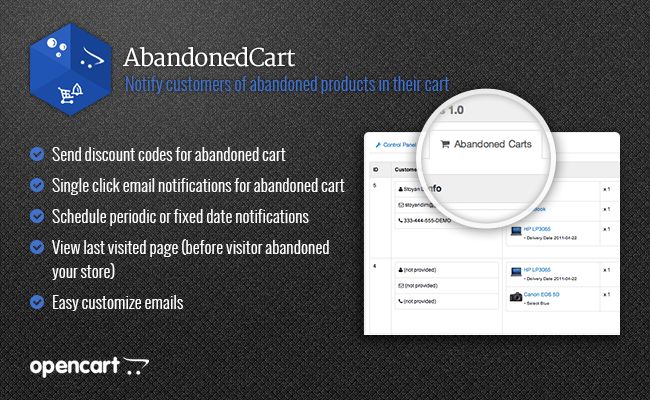
And suddenly you’re on a new platform of life, seeing, being, doing things you never imagined you’d do.
Seeking to deepen your healing and recovery from emotional wounds? If you live anywhere in Long Island, New York, in Nassau or near my office in Cedarhurst, reach out here. We are here for you and ready to help!
Schedule your free 15 minute consultation and to begin setting up a treatment plan to helping you heal!
At Integrative Psychotherapy we help you engage in mind-body focused healing so you can live more wholesomely and love more deeply.
We use scientific based methods such as EMDR, Eye Movement Desensitization and Reprocessing, Sensorimotor Psychotherapy, Internal Family Systems/ Parts work, Expressive Arts and More. Click below for your free 15 minute consultation.
Abandonment Trauma, Boundaries, Depression, Love and RelationshipsEsther Goldsteintrauma therapy 11516, anxiety of parenting, abandonment anxiety five towns, healing wounds, hewlett therapist, woodmere anxiety counseling, cedarhurst therapist anxiety counseling7 Comments
0 Likes5 Ways to Deal with Rejection and Become Stronger
43,663
Man among men Practices how to
Rejection itself means that right now our expectations have not been met. Each person can count many situations in which he was refused: someone was not given a visa, someone did not get his favorite job, and someone heard “no” from a loved one.
Each person can count many situations in which he was refused: someone was not given a visa, someone did not get his favorite job, and someone heard “no” from a loved one.
But you can react to this fact in different ways. Some give up and lower their bar. Others try again, with renewed vigor. What can be learned from the latter?
1. Quantity becomes quality
Gallup polls show that, on average, each smoker makes more than three attempts to quit smoking. Every attempt, even a failed one, is a new experience.
Each time we get to know ourselves a little more, our capabilities and limitations. It’s the same with failure: whatever your goal, you have to go through a phase of failure in order to achieve sustainable results.
In order to get a new job, we will have to hear the phrase “You are not quite right for us” several times in a row. To find a partner - an offer to remain friends, a short "no" or even a puzzled look. Do not get hung up on experiences, think that every failure brings you closer to your cherished goal.
Inventor Alexander Bell once said very accurately: “When one door closes, another opens. And we often look at the closed door with such greedy attention that we do not notice at all those that are open to us.
2. Rejections (like failures) make us more attractive in the eyes of others
Oddly enough, a history of failure can play into our hands. Psychologist Elliot Aronson came to this conclusion back in 1966. He observed the behavior of the spectators, who evaluated the two participants in the intellectual competition.
The first was confident and answered most of the questions correctly, the second was confused and generally made an unconvincing impression.
At some point, one of the players spilled coffee on himself. If a loser did it, the audience didn't sympathize with him. But if a competent player made a mistake, they sympathized with him even more: now he seemed more “earthly” and humane.
Your failures are what keeps you alive.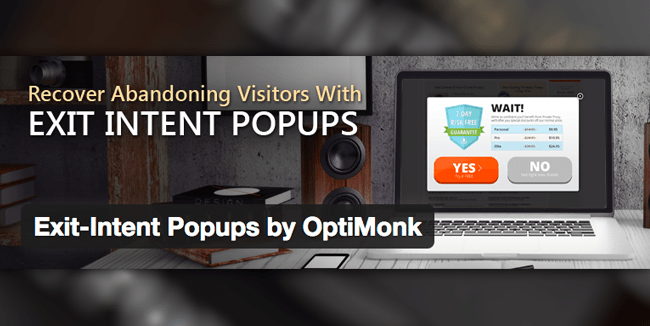 Consistent success generates distrust, but failure creates a sense of drama and empathy. Treat them with humor, make fascinating stories out of them - this way you will make them work for you.
Consistent success generates distrust, but failure creates a sense of drama and empathy. Treat them with humor, make fascinating stories out of them - this way you will make them work for you.
3. Refusal is the prerogative of free people
The inability to say “no” is a sign of self-doubt. Low self-esteem prevents us from feeling our worth and forces us to turn to other people in order to “earn” the right to exist.
On the contrary, refusal is the free choice of a person who knows his worth. The ability to accept refusal is the flip side of the ability to refuse.
4. Look for constructive meaning
Sometimes we are rejected directly and rudely. But sometimes rejection can contain grains of life wisdom. The main thing is to see them. Remember that refusal is always more honest than consent given under pressure or out of a desire to maintain good relations.
5. The hardest thing is not rejection, but waiting
Most often, it is uncertainty that causes anxiety and feelings of impotence. We count the hours and minutes as we wait for a letter, a phone call, or a knock on the door.
We count the hours and minutes as we wait for a letter, a phone call, or a knock on the door.
Anxiety grows, causing us to imagine worst-case scenarios. In such a situation, any answer becomes a relief: at least the lingering silence is broken, and you can move on.
Remember, failure is part of real life. It only means that the door is closed. Instead of banging your head against it or crying at its doorstep, you can go in search of another - open.
Text: Anton Soldatov Photo Source: Getty Images
New on the site
Top 10 foods for a healthy winter menu
What to do if you are diagnosed with HIV: a treatment guide
Hobbies, friends and walking: 12 ways to fight with winter depression — try in December
“How can I learn to communicate with people so that they start to notice me?”
“All my life I have problems with girls, I am in my 40s, but I never started a family”
Benevolent Faces: Are Scars Adorned — Unusual Research Findings
5 Positive Affirmations That Will Help You Keep Your Spirit Up
“If you do what you do, you will have what you have”: 4 steps to change your life
why it's so hard to be rejected by a person
Psychologist Guy Winch has some practical tips to help mitigate the negative impact of rejection.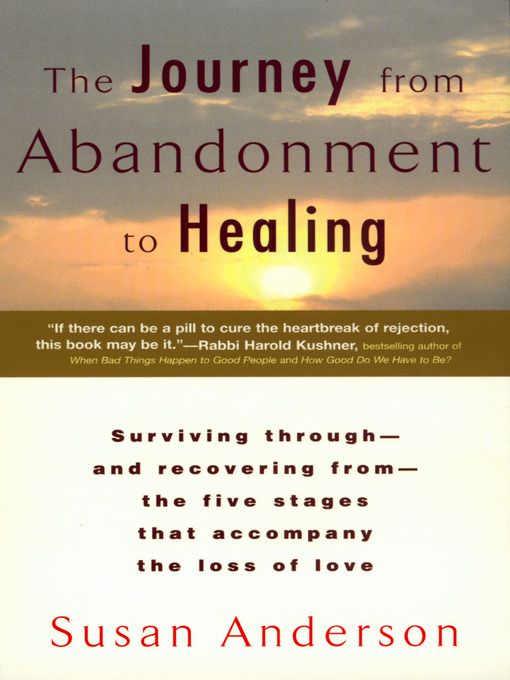
Rejection is the most common type of emotional upheaval we experience in our daily lives. More recently, the risk of being rejected was very insignificant, since it was limited to the person’s immediate social circle or his search in dating clubs. Today, thanks to electronic communications, social networks and various dating applications, each of us is connected with thousands of people, and any of them can ignore our posts, chats, notes or profiles in dating services, which makes us feel rejected. .
In addition to these minor failures, we are also subject to serious and more destructive failures. The pain of a rejected person - someone who has been abandoned by a spouse, fired from a job, who has been turned away by friends, or who, due to this or that lifestyle, is not accepted by either relatives or society, can be truly paralyzing.
Psychology of refusal
Whether you have experienced rejected love or some other kind of emotional upheaval, major or minor rejection, one thing remains the same - it is always a very painful experience, and usually more unpleasant than we expect.
And the question is why? Why do we get so upset if a close friend didn't "like" a photo we posted on Facebook from a family holiday? Why can this ruin the mood completely? Why, because of something seemingly so insignificant, can we get angry with a friend, upset? Even our self-esteem is reduced at such moments.
The main damage from refusal is usually caused by ourselves. When our self-esteem is badly hurt, we go and destroy it even more.
It's simple - our brain is programmed to react in this way. By examining the brains of people who were asked to remember the last time they were rejected using a functional magnetic resonance therapy machine, scientists came to surprising conclusions. When we experience rejection, the same areas of the brain are activated as when we experience physical pain. That is why even a trifling rejection is more painful than we think, because it literally hurts (way and on an emotional level).
But why is our brain programmed this way?
Evolutionary psychologists believe that this mechanism goes back to the era of hunter-gatherer tribes. Since then a person could not survive alone, being rejected by society was actually a death sentence. As a result, we developed an early warning mechanism about the danger of “being expelled from the tribe” - and this was a refusal. Fear of rejection contributed to survival. Those who took the rejection more painfully most often changed their line of behavior, remained in the tribe and had the opportunity to continue their lineage.
Since then a person could not survive alone, being rejected by society was actually a death sentence. As a result, we developed an early warning mechanism about the danger of “being expelled from the tribe” - and this was a refusal. Fear of rejection contributed to survival. Those who took the rejection more painfully most often changed their line of behavior, remained in the tribe and had the opportunity to continue their lineage.
Of course, emotional pain is just one of the effects of rejection on our well-being. In addition, rejection also damages mood and self-esteem, triggers anger and aggression, and undermines our need to “be a part of something.”
Unfortunately, most of the damage from rejection is usually done by ourselves. And it’s true, if you were dumped by the partner you were dating, or if you were the last to be selected in the team gathering, the natural reaction is not to accept the rejection, we will not go to lick our wounds, no, we become extremely self-critical.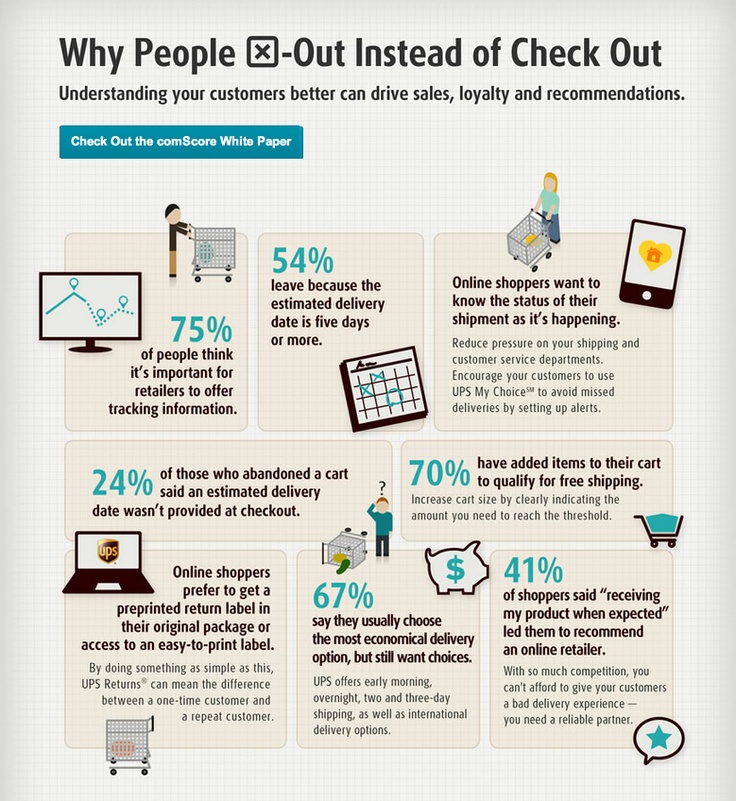 We berate ourselves, lament our shortcomings, and even feel disgusted with ourselves. In other words, when our self-esteem is very hurt, we go and make things worse. This pattern of behavior harms our emotional health and is also psychologically self-destructive, but despite this, all of us have done it at some point.
We berate ourselves, lament our shortcomings, and even feel disgusted with ourselves. In other words, when our self-esteem is very hurt, we go and make things worse. This pattern of behavior harms our emotional health and is also psychologically self-destructive, but despite this, all of us have done it at some point.
But, fortunately, there are better, more sensible ways to respond to rejection, algorithms to follow to avoid unhealthy responses to such situations, techniques to alleviate emotional pain and restore self-esteem. Here is some of them.
No self-criticism
No matter how much you want to list all your shortcomings after receiving a refusal, and no matter how logical it would be to punish yourself for what you did “wrong” - it’s not worth it! Armed with all possible means, try to review what happened and determine for the future what could be done differently, but remember: there is not the slightest reason to be self-critical and strict with yourself in this situation.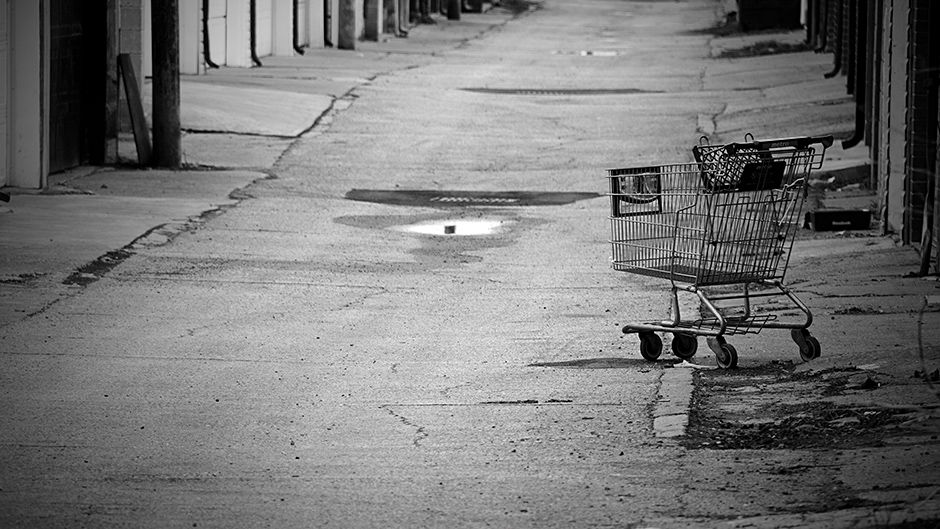 How to survive the rejection of a man or a girl? It’s okay to think, “Maybe the next first date shouldn’t bring up my ex,” but “What a loser I am!” - No.
How to survive the rejection of a man or a girl? It’s okay to think, “Maybe the next first date shouldn’t bring up my ex,” but “What a loser I am!” - No.
Another common mistake we make is taking rejection personally when it isn't. Most rejections, whether in romantic or business relationships or in the social sphere, are a matter of “taste” and chance. Exhausting yourself by looking for your own shortcomings in an attempt to understand why it “didn’t work” is not only unnecessary - it’s not far from false conclusions.
Restoring self-esteem
When self-esteem is hit, it's important to remind yourself what you have to offer (instead of listing your shortcomings). Psychologically, the best way to increase self-esteem for an outcast person is to emphasize their significant characteristics. Make a list of five important, meaningful qualities that make you a great potential relationship partner (for example, you are always ready to help and support emotionally), a good friend (for example, you are a loyal person and a good listener), or a reliable employee (for example, you responsible or accustomed to strictly adhere to labor discipline).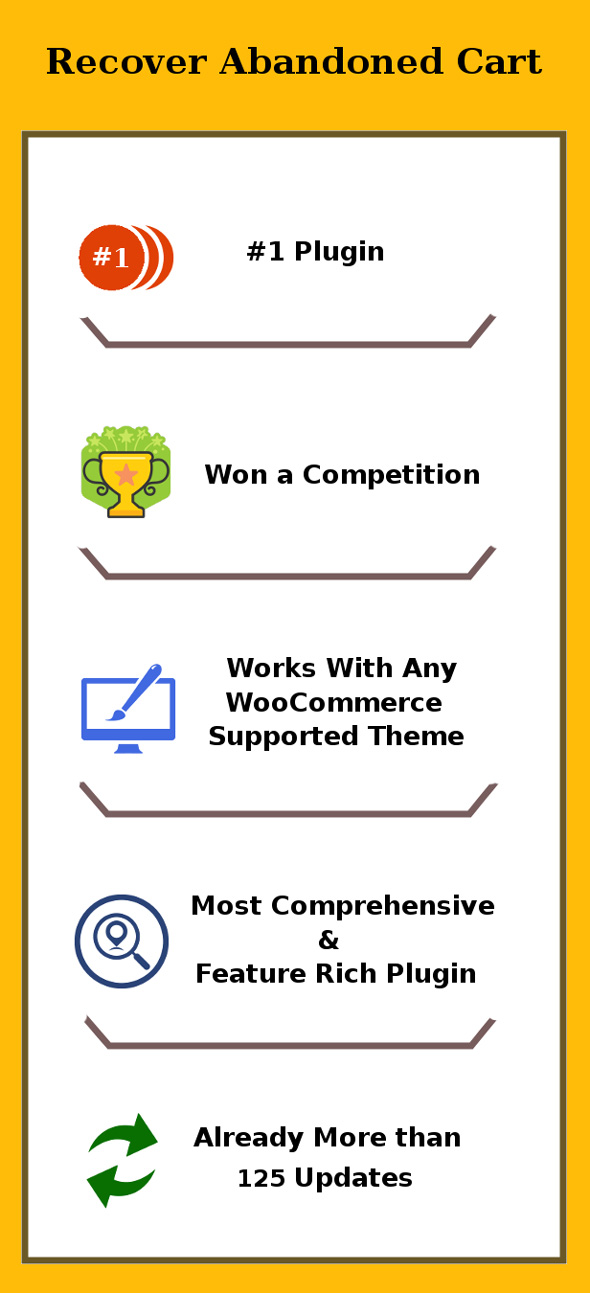 Then choose one of them and write a paragraph or two (write, not just think) about why this quality is important to others and how it can be manifested in the appropriate situation. By giving yourself this kind of first aid, you will boost your self-esteem, ease the emotional turmoil, and gain the confidence to move on.
Then choose one of them and write a paragraph or two (write, not just think) about why this quality is important to others and how it can be manifested in the appropriate situation. By giving yourself this kind of first aid, you will boost your self-esteem, ease the emotional turmoil, and gain the confidence to move on.
Increasing the feeling of social connection
As social animals, it is important for us to feel needed and valued by the various social groups to which we belong. Rejected love or other kinds of rejection undermine our need to be a part of something, and as a result, we suffer from uncertainty and a sense of lack of social attachment. Therefore, we need to remind ourselves that we are valued and loved. So you will again feel the social connection and solid ground under your feet. If a work colleague didn't invite you to dinner, go hang out with your softball teammates. If your child's friend does not want to communicate with him, consider how you can find another, and as soon as possible.
